The reader is hereby placed on notice that nothing in this book should be construed as legal, financial, medical, or commercial advice. Neither the publisher nor the author nor any licensee or seller of this book shall be liable for any physical, psychological/emotional, financial, or commercial claim or damage based on the material contained in this book. Therefore, the reader is encouraged to seek appropriate expert legal, medical, financial, and other professional counsel arising from the suggested application of any statements or suggestions contained herein.
Copyright 2015 by Steven D. Price
All rights reserved. No part of this book may be reproduced in any manner without the express written consent of the publisher, except in the case of brief excerpts in critical reviews or articles. All inquiries should be addressed to Skyhorse Publishing, 307 West 36th Street, 11th Floor, New York, NY 10018.
Skyhorse Publishing books may be purchased in bulk at special discounts for sales promotion, corporate gifts, fund-raising, or educational purposes. Special editions can also be created to specifications. For details, contact the Special Sales Department, Skyhorse Publishing, 307 West 36th Street, 11th Floor, New York, NY 10018 or .
Skyhorse and Skyhorse Publishing are registered trademarks of Skyhorse Publishing, Inc., a Delaware corporation.
Visit our website at www.skyhorsepublishing.com.
10 9 8 7 6 5 4 3 2 1
Library of Congress Cataloging-in-Publication Data is available on file.
Cover photo credit: Thinkstock by Getty Images
Interior photo credits: , Shutterstock Photos
ISBN: 978-1-63220-695-4
Ebook ISBN: 978-1-63220-996-2
Printed in the United States of America
Plans are nothing; planning is everything.
Dwight D. Eisenhower
CONTENTS
PREFACE
O, blest retirement! friend to lifes decline
How blest is he who crowns, in shades like these,
A youth of labor with an age of ease!
Oliver Goldsmith
My vagabond writing career of more than four decades must give the impression that Ive played grasshopper to other peoples ants. Thats another way of saying that several people on the verge of retirement have now sought my counsel about what to do with the vast amounts of leisure time that loomed ahead of them. One went so far as to buy me lunch in exchange for picking my brain.
Okay, what do you like to do? I asked after the waiter took our orders.
Um, I enjoy my job, but I dont want to stay in business. Im crazy about golf, but I cant see myself playing three hundred days a year.
Fair enough. Well, how do you spend your weekends? When youre not on the course?
Knocking around the apartment. Visiting with the kids and grandkids. Watching TVsports, Netflix... you know, basic stuff. But I cant see myself doing that for the rest of my life.
How about vacations? I asked. Aside from the golf?
No golf on vacations. Not since my wife and I started spending three weeks a summer in France. A week in Paris and two in a rental cottage in a small town in Brittany. My wife likes the solitudeshe has a pretty high-pressure job too. Not a golf course in sight.
A thought dawned on me. Do you speak the language?
Not since high school. Everyone there understands English.
Theyll love you to death if you speak their language. The Alliance Franais here in New York City has a one-on-one conversation program. You could probably find a French-speaking teacher somewhere else for in-home tutorials if you prefer.
My friend nodded. Makes sense.
Do you cook? I asked.
Oh, pancakes for the grandkids.
Make that crpestake a cooking course.
Fade out the lunch, fade in a year later: the guy took my advice and can now parlez-vous up a storm with the natives.
When others approached me with similar questions, at first I found it hard to believe that they had no interests that would spill over into retirement years. My reaction revealed a generous helping of egocentricity: many interests fill my hours when Im not working, andfull grasshopper disclosure heresometimes when I should be working. However, like the fellow who couldnt see himself playing golf every day, not everyone has hobbies, sports, and other interests that would both continue into and consume ones golden years.
That leaves reinvention, one of retirement counselors favorite buzzwords and essential to avoid languishing with boredom or worse.
* * * * * *
Widespread retirement is a relatively new phenomenon. Before the end of World War II, only those who had earned, inherited, or married wealthy could afford to stop working when they reached the end of their careers. Our less distinguished ancestors were obliged to toil until they died in harness, so to speak. If and when the inevitable illness or injury forced them to stop, their families looked after them or else they became objects of charity however they could find it.
The twentieth century brought a radical change. The Social Security Act of 1935 and postWorld War II prosperity provided the ways and means for older people to consider retirement. In its beginning, Social Security kicked in for anyone age sixty-five at a time when life expectancy was sixty for men and three years more for women. If your parents, grandparents, or great-grandparents made it past sixty-five, although they were living on actuarially borrowed time, they were still alive. And they were likely to afford to enjoy their leisure years because the upward-spiraling cost of living didnt erode Social Security and pension checks the way it now does.
Thanks to advances in medicine, nutrition, and technology, American life expectancy started to rise, and it continues to do so: 77.4 years for men and 82.2 years for women of 2013. That means retirees now have more time to fill, either at work or in retirement. And in retirement, reinventiontheres that phrase againbecomes even more important.
* * * * * *
All who retire discover that Time (with a capital T) can be both friend and foe. Your week as well as your life revolved around the job for many decades. Assuming that you put in an eight-hour day and managed to sleep for eight hours, you had eight more to yourself. If you commuted some distance from your workplace, your free time might have dropped to six hours. Factor in household chores and other family responsibilities, and you might have had three hours to your own self. Not too badplenty of time to catch a movie or watch TV or read a book or go for an early-morning or late-afternoon jog.
With retirement, however, comes a great chunk of free time. Just do the math:
You now have 112 hours a week (168 hours in a week minus 8 hours of sleep 7 days) instead of the 88 (168 to 140 of work and 40 of sleep) when you worked. And dont forget that you now have no more commuting time or business trips. If you have no health or family hindrances, you have before you a month of Sundays.
Those extra twenty-four hours a weekthink of it as two extra full dayscan be a blessing or a curse. It all depends on how you fill your time, and thats one of the reasons for this book. Well explore such areas as the following:
 Recreation: Did you always have a hankering to play the piano but never thought you had time to practice? Or did you play the guitar as a kid and regretted giving it up? Have you dreamed about fishing trips, but something always got in the way? How about those needlepoint projects that you started a dozen years ago and that have been gathering dust in the attic ever since? Retirement gives you the time literally to recreate yourself through a sport, game, or hobby that you always wanted to try or that you havent done in years.
Recreation: Did you always have a hankering to play the piano but never thought you had time to practice? Or did you play the guitar as a kid and regretted giving it up? Have you dreamed about fishing trips, but something always got in the way? How about those needlepoint projects that you started a dozen years ago and that have been gathering dust in the attic ever since? Retirement gives you the time literally to recreate yourself through a sport, game, or hobby that you always wanted to try or that you havent done in years.

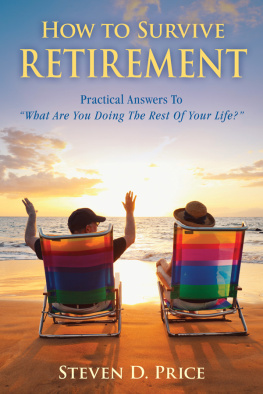
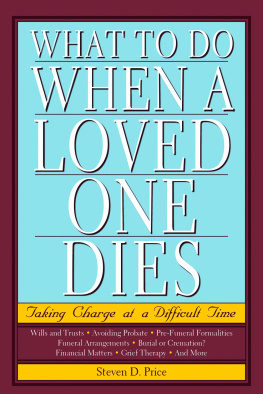

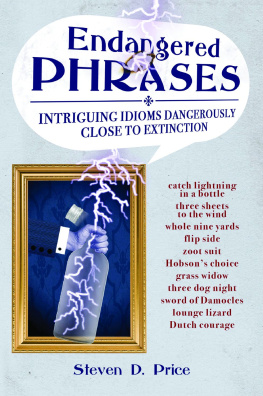
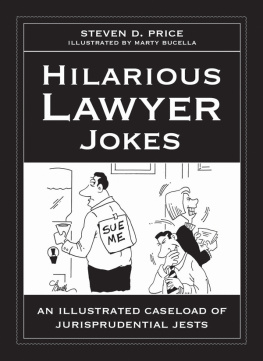
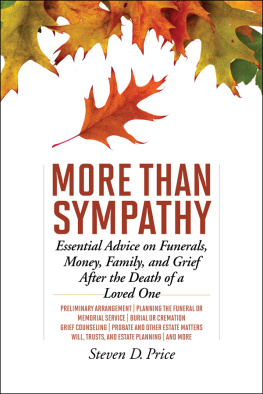

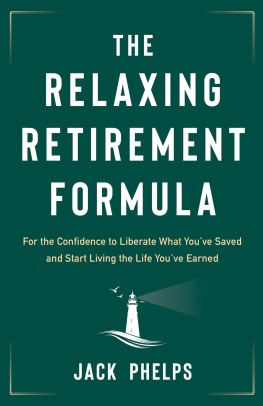
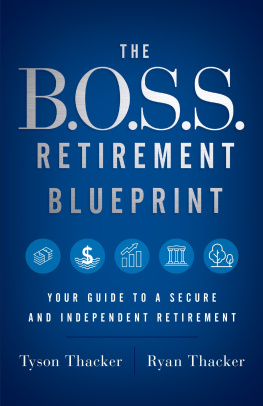
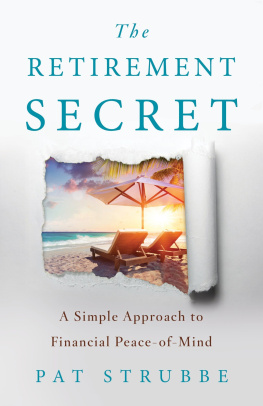
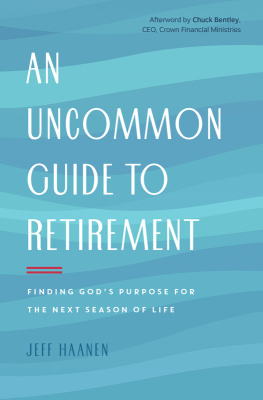
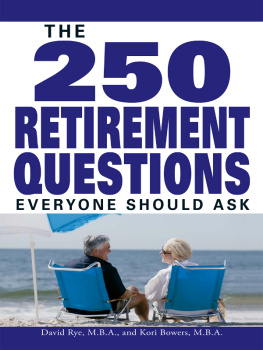
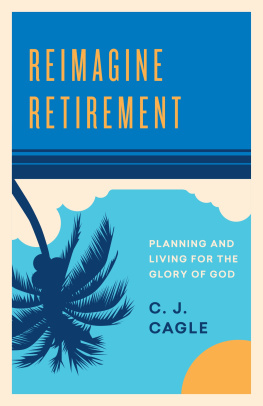

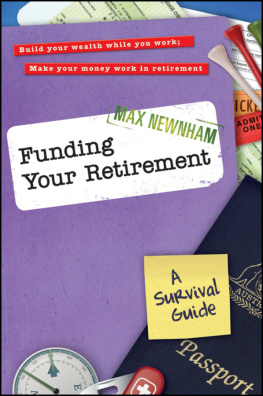


 Recreation: Did you always have a hankering to play the piano but never thought you had time to practice? Or did you play the guitar as a kid and regretted giving it up? Have you dreamed about fishing trips, but something always got in the way? How about those needlepoint projects that you started a dozen years ago and that have been gathering dust in the attic ever since? Retirement gives you the time literally to recreate yourself through a sport, game, or hobby that you always wanted to try or that you havent done in years.
Recreation: Did you always have a hankering to play the piano but never thought you had time to practice? Or did you play the guitar as a kid and regretted giving it up? Have you dreamed about fishing trips, but something always got in the way? How about those needlepoint projects that you started a dozen years ago and that have been gathering dust in the attic ever since? Retirement gives you the time literally to recreate yourself through a sport, game, or hobby that you always wanted to try or that you havent done in years.